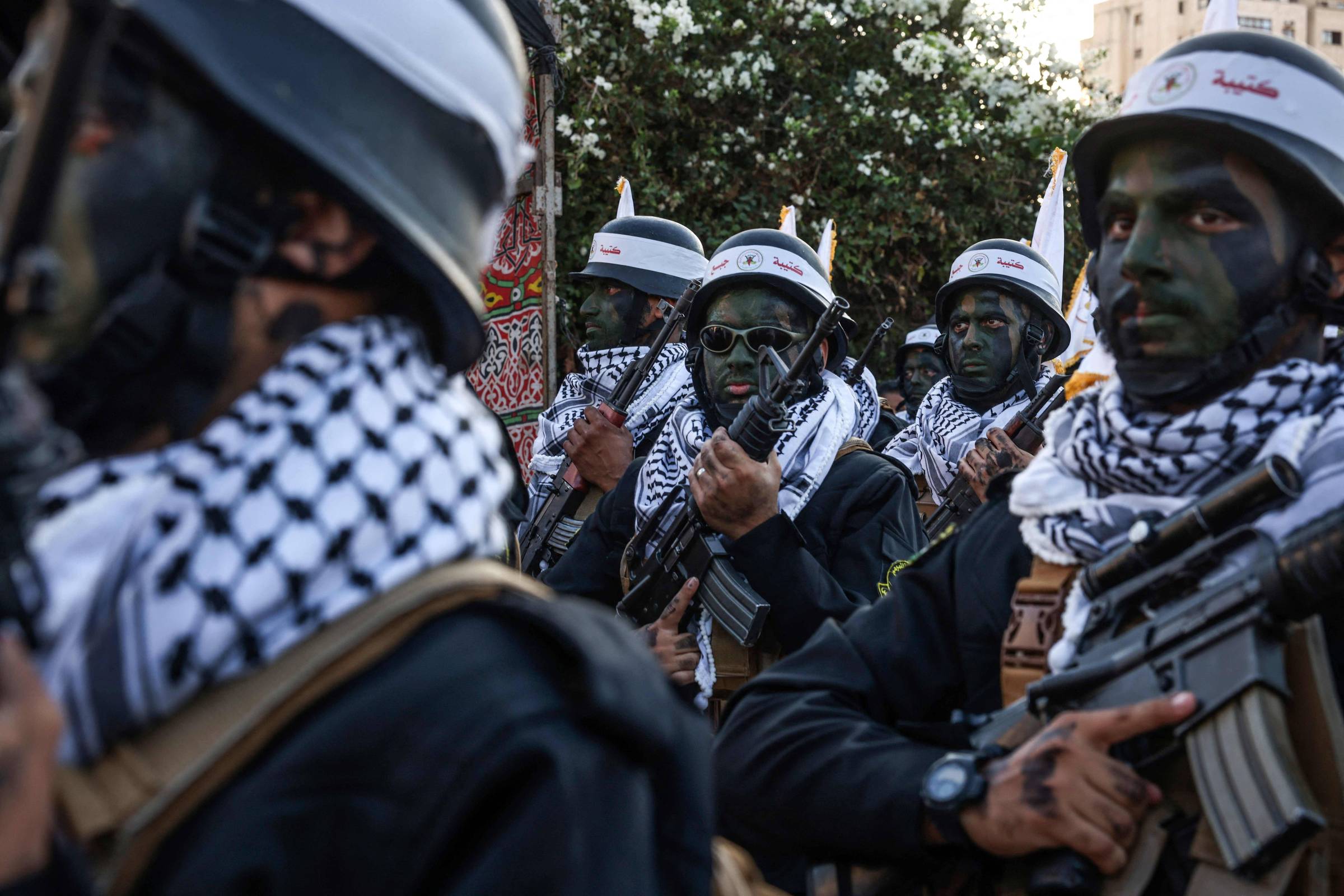Throughout history, the term “Jihad” has been a point of contention and misunderstanding, often associated with violence and warfare. However, within the Bahá’í perspective, it is pivotal to explore the multifaceted nature of Jihad, distinguishing between its external manifestations and its profound internal significance. This discourse seeks to unravel the concept of Jihad through the lens of Bahá’í teachings, elucidating how it transcends the superficial interpretation of guns and bombs, delving into the essence of personal struggle and spiritual evolution.
It is essential to understand that the Arabic word “Jihad” translates to “struggle” or “striving.” This term encompasses a broad spectrum of interpretations, prominently including both the external and internal dimensions. The external aspect—often perceived as the militant struggle against perceived threats—overshadows the more profound internal struggle that is pivotal to one’s spiritual development. The Bahá’í Faith posits that true Jihad is primarily an inward journey, a striving for self-improvement and the cultivation of virtues, aligning oneself with the divine will.
One of the core tenets of Bahá’í belief is the acknowledgment of the oneness of humanity. This principle implies that the true essence of Jihad should lead toward unity, justice, and peace rather than strife and division. The Bahá’í writings emphasize that genuine spiritual leaders—those engaged in true Jihad—do not propagate enmity or hatred; rather, they advocate for love and compassion. In this context, the Bahá’í view challenges common perceptions, inviting followers to engage in a personal transformation that contributes to the collective well-being of society.
The internal struggle, as articulated in Bahá’í texts, is fundamentally about overcoming one’s baser instincts and cultivating virtues such as love, honesty, and service to humanity. This introspective endeavor is articulated in the following ways:
- Self-examination: The process of Jihad necessitates rigorous self-reflection, critically examining thoughts, intentions, and actions. It is an undertaking that encourages individuals to confront their shortcomings and strive for personal rectitude.
- Service to others: A significant aspect of the Bahá’í perspective on Jihad is the advocacy for altruism and service. Engaging in acts of kindness and contributing to the welfare of others is seen as a manifestation of true spiritual struggle.
- Exemplification of virtues: Bahá’ís are encouraged to embody the virtues espoused in their teachings. This entails a daily commitment to practice virtues such as patience, humility, and justice in all interactions.
The juxtaposition of violent Jihad and the Bahá’í interpretation is particularly salient in the contemporary global discourse. While certain factions utilize the concept of Jihad to justify acts of terrorism and aggression, Bahá’í teachings fundamentally rebuff these justifications. The Faith asserts that acts of violence can never lead to true success or fulfillment; instead, the pursuit of peace and understanding is the pathway that leads to collective advancement. Furthermore, Bahá’í writings elucidate that external conflicts arise primarily from internal discord. Hence, the spiritual struggle towards inner peace becomes a precursor to establishing a harmonious society.
Critically, the Bahá’í perspective integrates the concept of social and moral responsibility with the idea of Jihad. In a world rife with injustices, Bahá’ís are called to engage constructively with societal issues, advocating for human rights, gender equality, and universal education. They assert that engaging in social transformation aligns with their understanding of Jihad. The Faith encourages its followers to become active participants in their communities, thereby harmonizing their internal struggles with external actions.
The teachings further encourage Bahá’ís to cultivate an attitude of forgiveness, understanding the transformative power it wields in quelling conflict. Forgiveness, as a virtue, is not merely an act of grace; it is an essential element of the struggle against the ego and a requisite for spiritual maturity. Practicing forgiveness liberates the individual, fostering a regenerative spirit that promotes unity among humanity.
Moreover, Bahá’í discourse emphasizes the role of education in the pursuit of true Jihad. Education, viewed as a powerful tool for personal and communal evolution, empowers individuals to discern truth from falsehood, fostering a more profound understanding of their spiritual responsibilities. In this regard, education becomes an intrinsic element of the inner struggle—the endeavor to cultivate a well-informed conscience that drives compassionate actions.
In conclusion, the Bahá’í interpretation of Jihad transcends simplistic notions of violent struggle, encapsulating the profound and intricate journey of spiritual development. By emphasizing the importance of inner struggle, self-reflection, and altruism, Bahá’í teachings reframe the dialogue surrounding Jihad in a manner that champions peace, unity, and personal transformation. This multi-dimensional approach invites individuals to engage in their inner conflicts and emerge as agents of change in the world, thereby fulfilling their collective destiny as stewards of peace and justice on a global scale. The pursuit of this inner Jihad is not merely a personal endeavor; it is a universal call to elevate humanity through love, understanding, and a commitment to the betterment of society.
